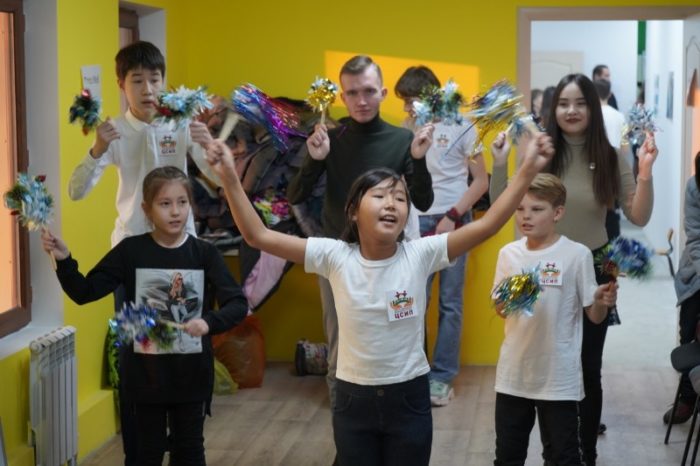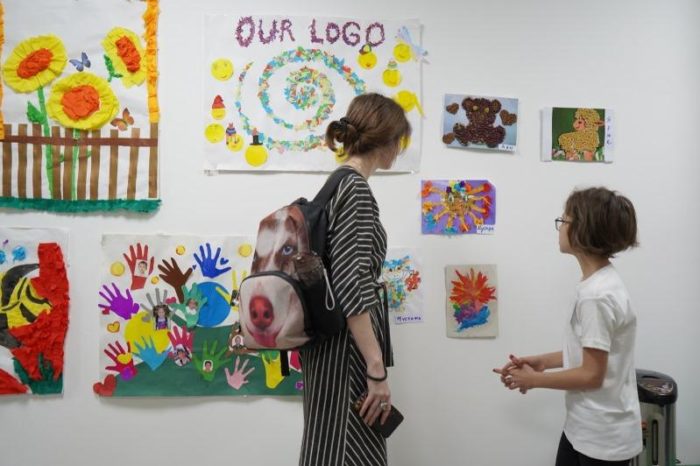NUR-SULTAN – The rights and protection of people with disabilities is one of the most important tasks of the country.

Photo credit: Kazinform.
According to the Ministry of Healthcare, there are about 705,000 people with special needs including 94,000 children in Kazakhstan. Some 37 centers for adults and 23 for children with disabilities operate nationwide. Overall, more than 500 medical organizations provide inclusive health services.
Kazakh President Kassym-Jomart Tokayev spoke about the importance of the inclusive and public environment at the fifth meeting of the National Council of Public Trust this February. He noted that the support of people with disabilities is characteristic of socially progressive countries.

Photo credit: Kazinform.
New initiatives of the head of state are focused on the development of an inclusive public environment. And in this light the standards of special psychological and pedagogical support for children with disabilities should be updated as well as the development of a single route for a child with special needs and his or her family.
In Kazakhstan there are more than 150,000 children with special needs and each year this number is growing. In terms of inclusive education, access to education is available to all students, regardless of individual capabilities.
Kazakhstan ratified the International Convention for the Protection of Persons with Disabilities in 2008, the Convention on Combating Education Discrimination in 2016. Since 2020, Kazakh schools have become inclusive. All citizens of the country, regardless of individual capabilities, have access to education.
The Ministry of Education and Science reported that more than half of the schools of the country created special conditions for children with disabilities. An accessible environment is provided in more than 2,000 pre-school institutions and 6,000 secondary schools.
From the 2020-2021 academic year, teachers-assistants are included in the staff. Overall, more than 3,000 teachers work in public pre-school organizations to ensure the gradual inclusion of children with special needs in education. The educational support services will be fully implemented in kindergartens and schools and by 70 percent in colleges and universities by 2025.
Saltanat Murzalinova-Yakovleva, the head of the social inclusive program center, said that an inclusive educational environment is important for socialization. Located in Almaty, the center has provided services for children since 2016.
“Unfortunately, some children face bullying at school. Then parents choose home learning. In our center, the world of children with special needs is a part of society. Our people now understand that equality exists between normal children and those who need a special approach,” Murzalinova-Yakovleva said to Zakon.kz.
Murzalinova-Yakovleva noted that there’s a shortage of specialists working in this field. Some parents took part in training and became tutors to work with students in inclusive classes. Children study and develop communication skills daily, which is important for their mental condition.

